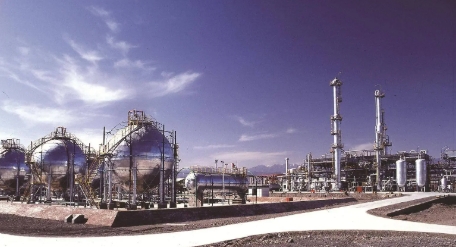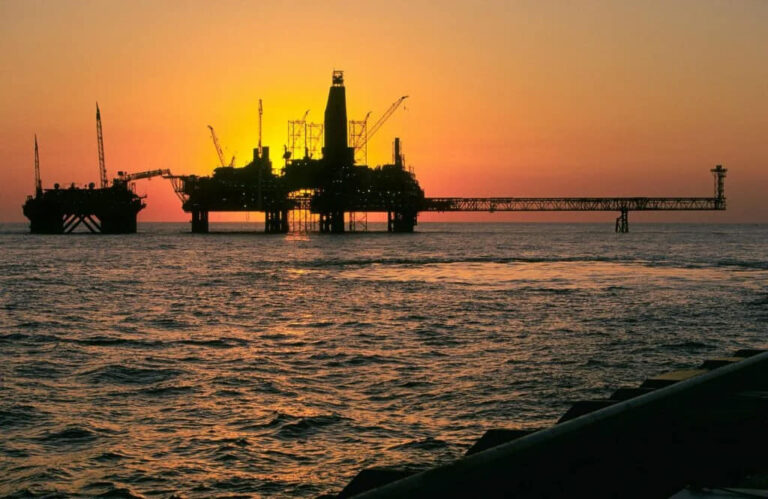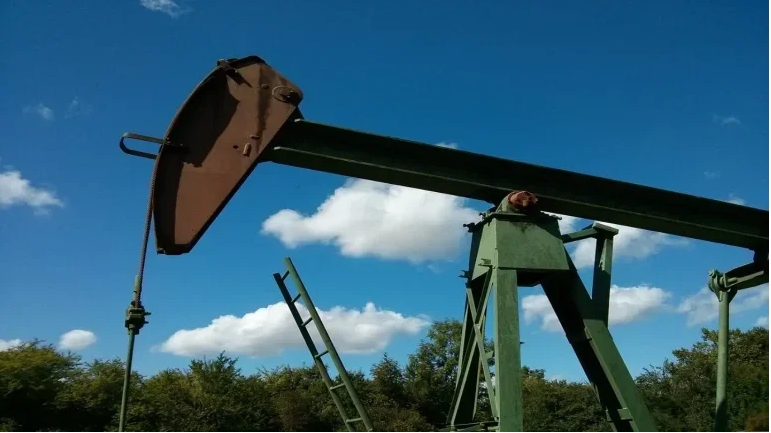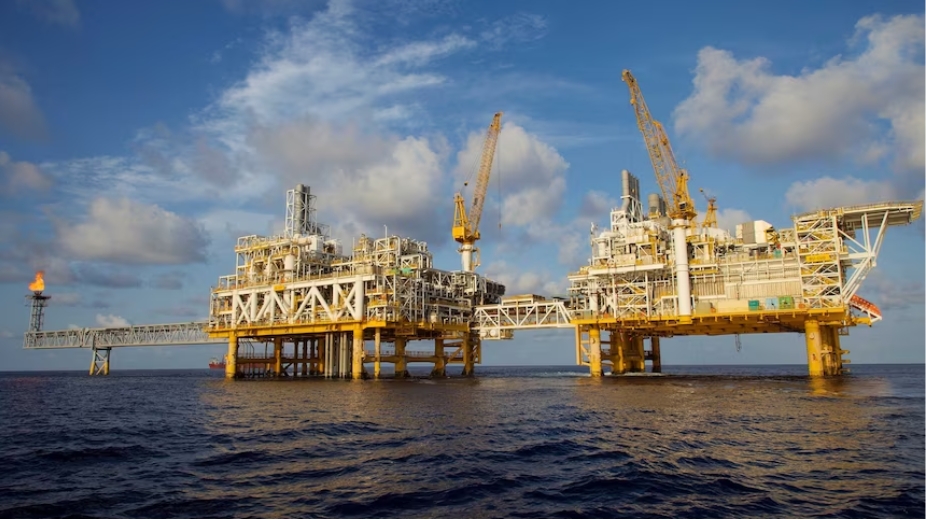RWE has committed to ending lignite-based electricity generation in 2030, eight years ahead of schedule, a decision that will reduce emissions but also impact jobs.
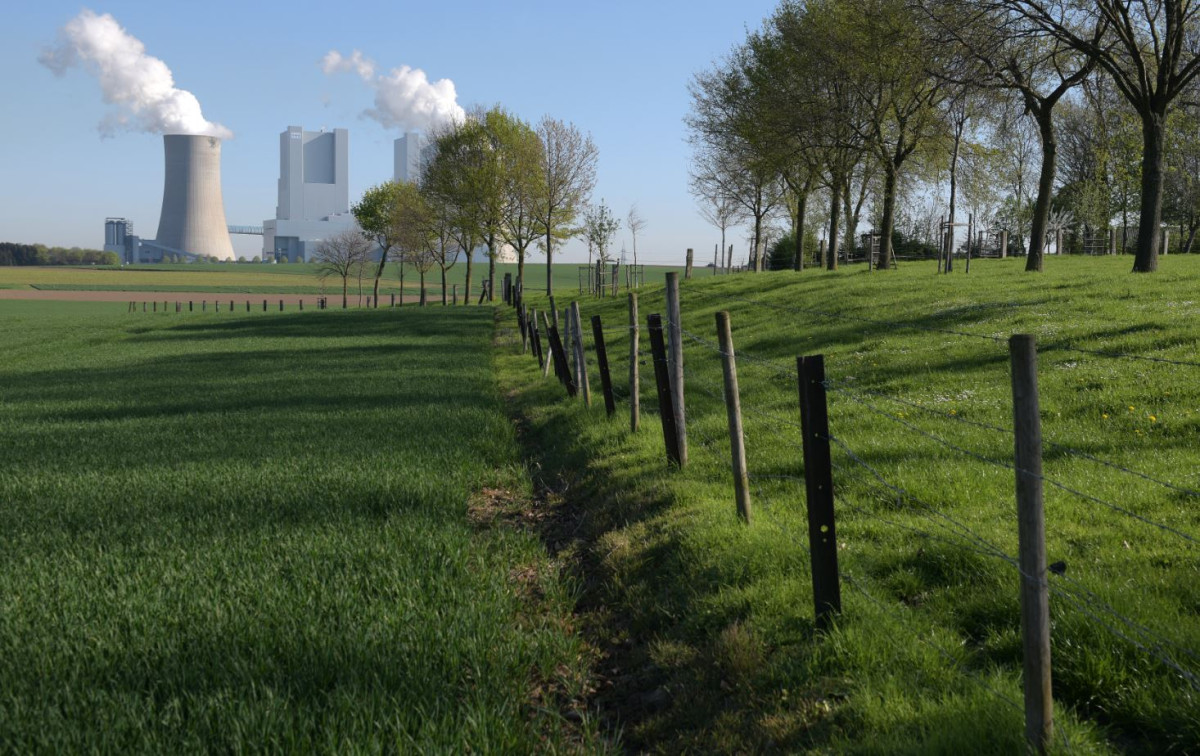 Photo: RWE
Photo: RWE
The decision was agreed upon between the German energy company, the Federal Ministry of Economics and Climate Protection and the Ministry of Economic Affairs, Industry, Climate Action and Energy of the State of North Rhine-Westphalia.
The result of this move will be that 280 million tonnes of coal will remain in the ground and the corresponding amount of CO2 will not be emitted, a major step towards achieving Germany’s climate goals.
However, while the impact on emissions will be positive, many employees at RWE will be impacted negatively by the early exit from lignite coal. Despite RWE offering training and re-qualification opportunities, significant and accelerated job losses will occur in the medium to long term.
Results of the coal phase-out plan
According to RWE, the decommissioning of the Neurath D and E power plant units, with a total capacity of 1,200MW will be deferred until 31 March 2024.
Furthermore, until the end of 2023, the German federal government will have the ability to extend the lifetime of a plant and can decide by 2026 whether the last lignite-fired power plants will be placed on security standby until the end of 2033.
The early coal phase-out will halve the amount of coal produced at the Garzweiler open cast mine. This will directly impact the surrounding communities, with the cancellation of planned resettlements at Garzweiler.
Renewed commitment to investing in renewable energies
RWE emphasised that in order to prevent a risk to security of supply, Germany must expand investment significantly in wind and solar plants, as well as hydrogen-ready gas plants.
The German government also intends to create a framework to facilitate investments in the construction of these plants.
“…we are investing billions of euros to accelerate the energy transition and are ready to phase out lignite by 2030. The further acceleration of the coal phase-out must not be at the expense of employees. That is why we want the phase-out to happen in a socially responsible way, as before,” stated Markus Krebber, CEO of RWE AG.
By bringing forward the coal phase-out by eight years, North Rhine-Westphalia and RWE have set bold targets to cut emissions and drive the energy transition. However, the cost will be high for communities relying on lignite as a source of income.

